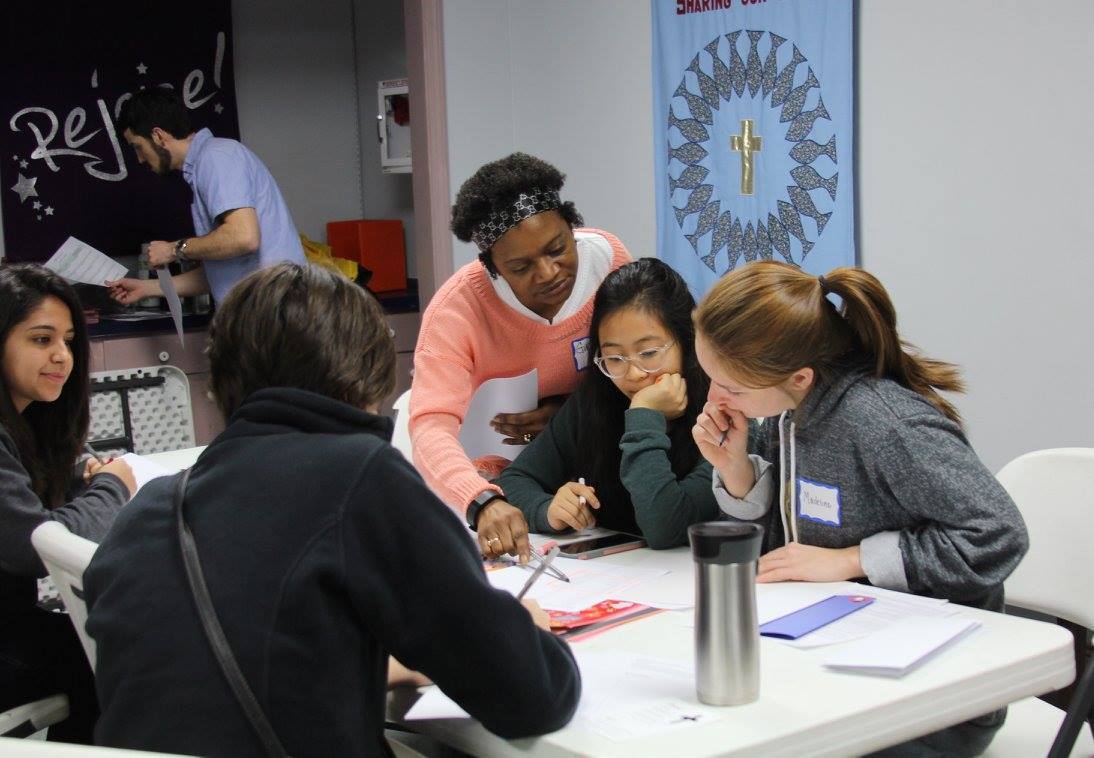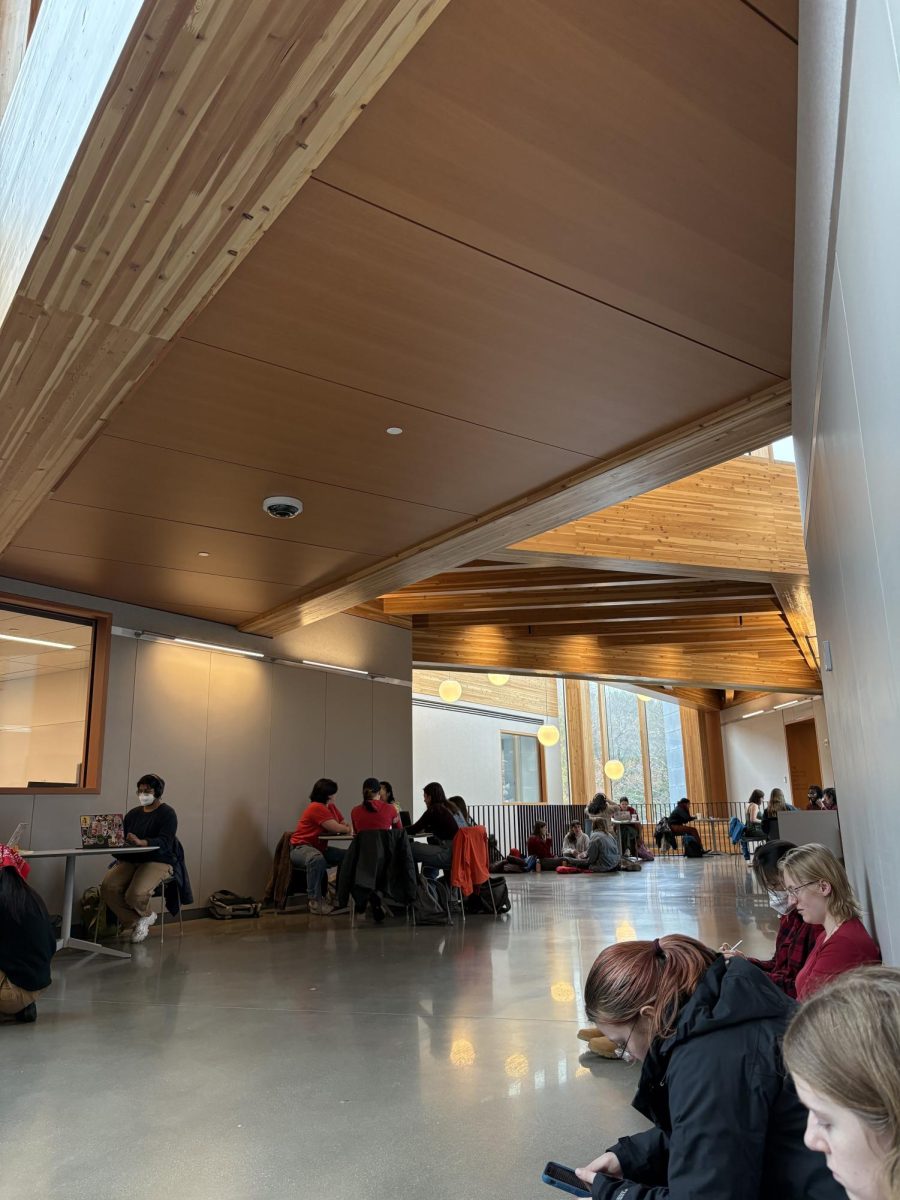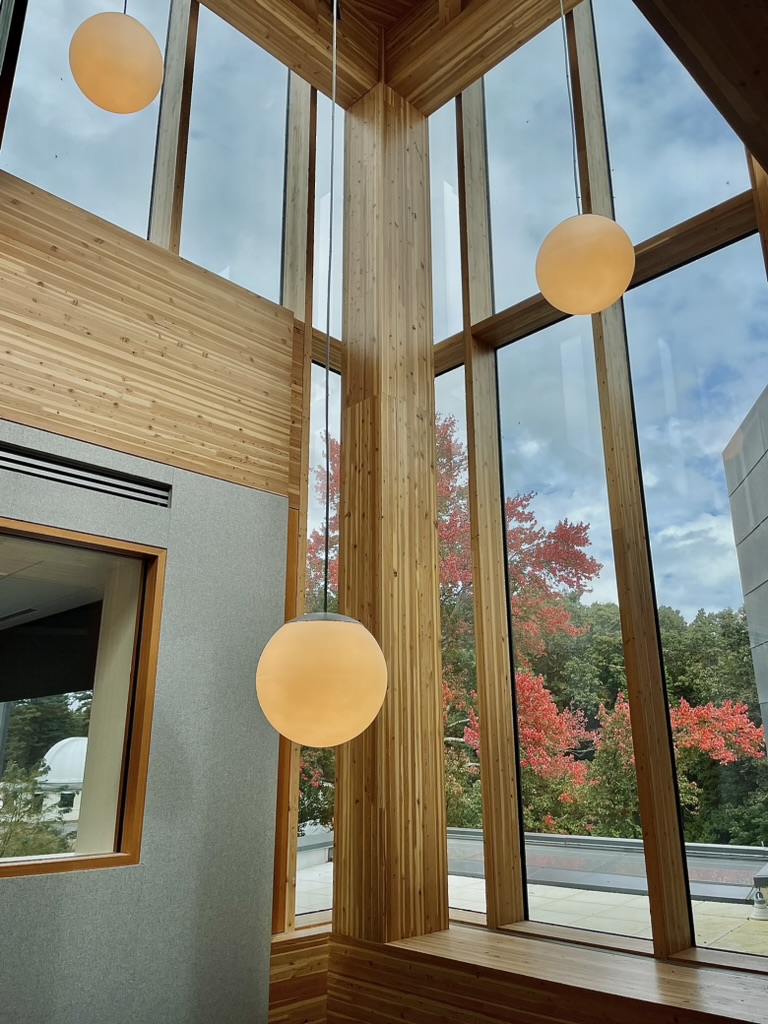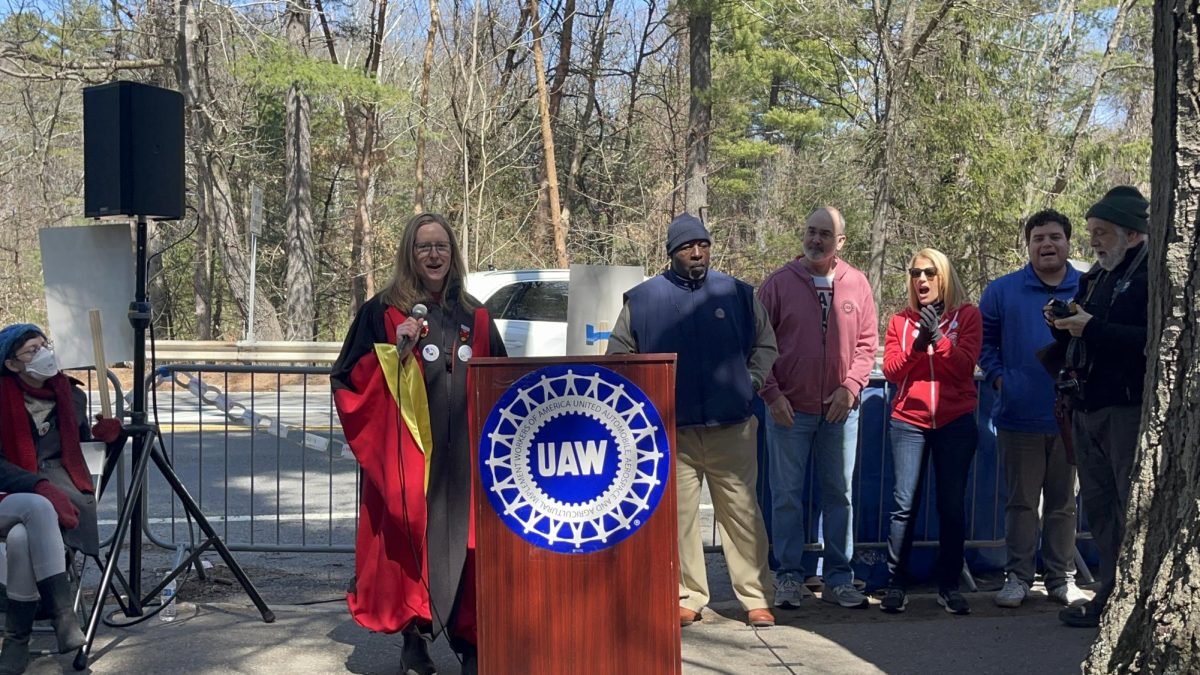On Jan. 27, Mr. Trump signed an executive order banning the entry of refugees and visa holders from seven predominantly Muslim countries into the United States. The ban affected refugees, green card and visa holders from Syria and visa or green card holders from Iran, Iraq, Libya, Somalia, Sudan and Yemen. In the days following the order, Wellesley College President Paula Johnson released a written statement reassuring those affected that the college will do what they can to ensure their safety.
“My goal in this message is to convey our unwavering support for any and all of our community members affected by this executive order. We remain dedicated to your safety and to your unimpeded ability to take your place as a valued member of this community,” President Johnson said.
She advised students, faculty and staff affected by the ban not to travel outside of the United States and to take advantage of the resources that the College provides. According to Johnson’s statement, Slater International Center will be taking the lead in working with students affected by the consistently-changing immigration legislation. Karen Zuffante Pabon, director of Slater International, said in a written statement that she and her staff are monitoring the changing situation in immigration closely.
“In light of the current [presidential] administration, all international students and Scholar Advisors have had to closely follow the daily changes in immigration laws that affect our students and scholars. This is not a new role, but it has intensified since the election,” Pabon wrote.
Since the executive order, Pabon and her staff have been in contact with the College’s immigration attorney. They have also been in contact with the College’s international students, especially those affiliated with countries affected by the ban. Alumnae have also reached out to the College and offered housing options to students unable to travel.
Since the election, Wellesley students have been increasingly engaged in political activism. On Thursday, Feb. 2, a group of students who participated in an alternative break working with refugees from The Democratic People’s Republic of the Congo and Syria set up a booth in The Lulu Chow Wang Campus Center from 9 a.m to 6 p.m. to provide students with the phone numbers for their state senators. According to the Facebook event, 245 people attended.
Maggie Ruden ’19 participated in the alternative break and noticed the level of civic engagement in the community. She and her peers thought that the event could make engagement accessible to more students.
“We recognize the amazing involvement many students already have to their national and local government. We simply wanted to make this type of connection more accessible for all students in case they wanted some more guidance in the process,” Ruden said.
Ryan Mac Vicar ’20 echoed Ruden’s statements saying that in light of the political climate, it seemed imperative that something be done.
“We decided the best way to continue our services towards refugees would be to do something like the calling drive and with the recent executive order it seemed imperative to do what we could to help,” Mac Vicar said.
Maryam Khan ’18, although disheartened by recent events, is hopeful because of the organizing and civic engagement being done by the college and students.
“As a Muslim-American from an immigrant family, I personally know individuals and families who are affected by this ban — and it was and is incredibly disheartening to come to terms with. Since last week, the amount of organizing and support for the repeal of the ban has been promising,” Khan said.
On Friday, Feb. 3, a Seattle federal judge blocked Mr. Drumpf’s executive order. Although the judge’s act puts the order at a standstill, the College will continue to monitor the situation closely and support international students in the Wellesley community.
“We will continue to value the diversity that our international student and scholar population brings to Wellesley and as we all engage in supporting them we will strengthen our intercultural understanding and global perspectives,” Pabon wrote.
Although the executive order has been deemed void for now, there is still some pressure for the College to name itself a sanctuary campus.
In December, President Johnson wrote in a statement that the college will not be declared a sanctuary. This decision was met with some controversy by students and faculty in the community. Given the executive order and the unpredictability of immigration legislation, students thought that it was pressing for Wellesley to take a stance.
“There should be more pressure now for the college to declare itself a sanctuary campus because of the increasing hostility towards the immigrant and undocumented community in the United States. I think that as this hostility increases, it is the College’s duty to make its students feel safe,” Ruden said.
Khan believes that there should be more conversations on campus about what it means to be a sanctuary, but she understands the college’s position.
“Because declaring a campus as a ‘sanctuary’ would also risk a college losing its federal funds, it is definitely not an easy decision to make. The support that Wellesley has offered its students through ORSL (Office of Religious and Spiritual Life) and other departments on campus thus far has been encouraging,” Khan said.






